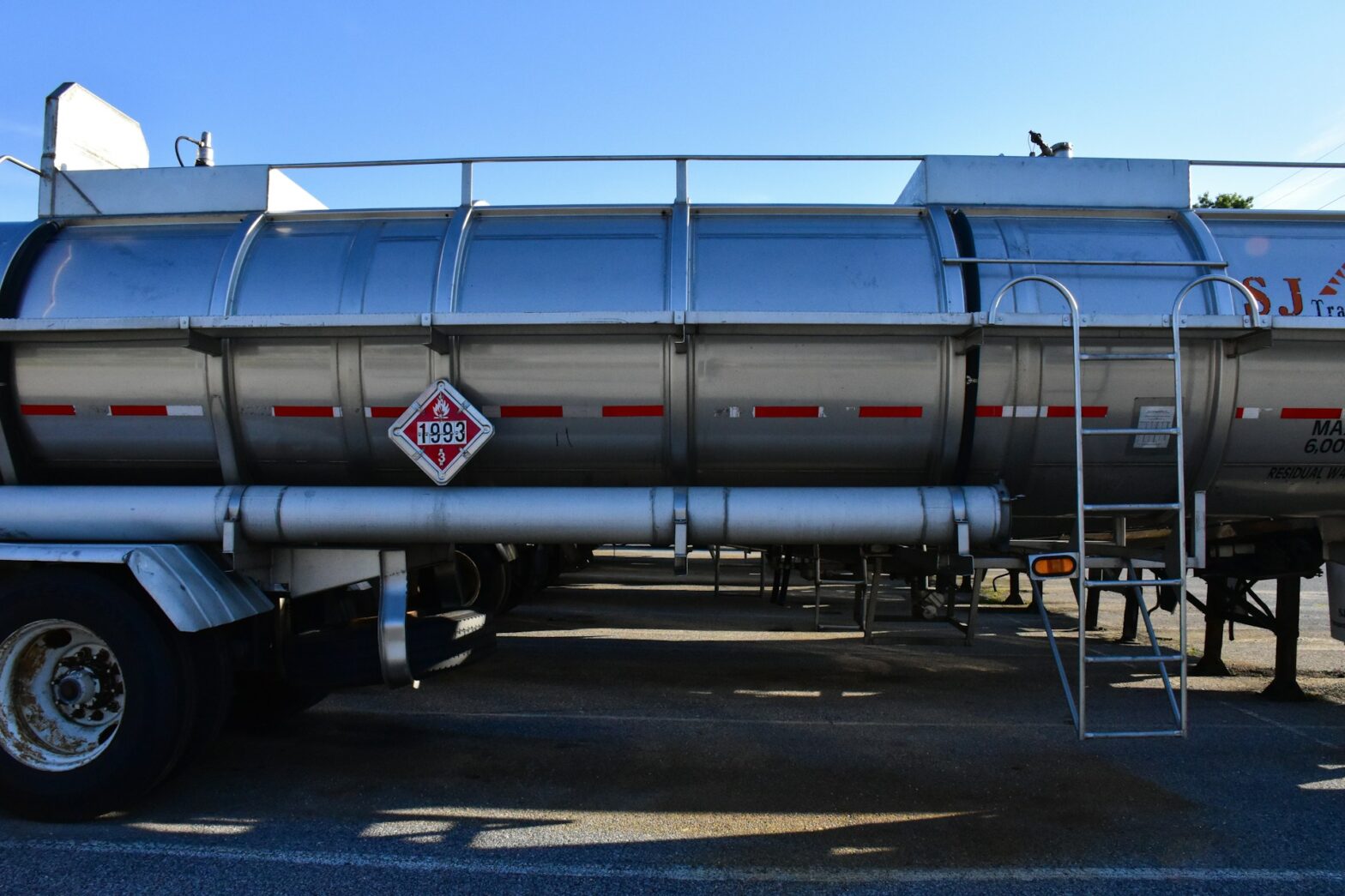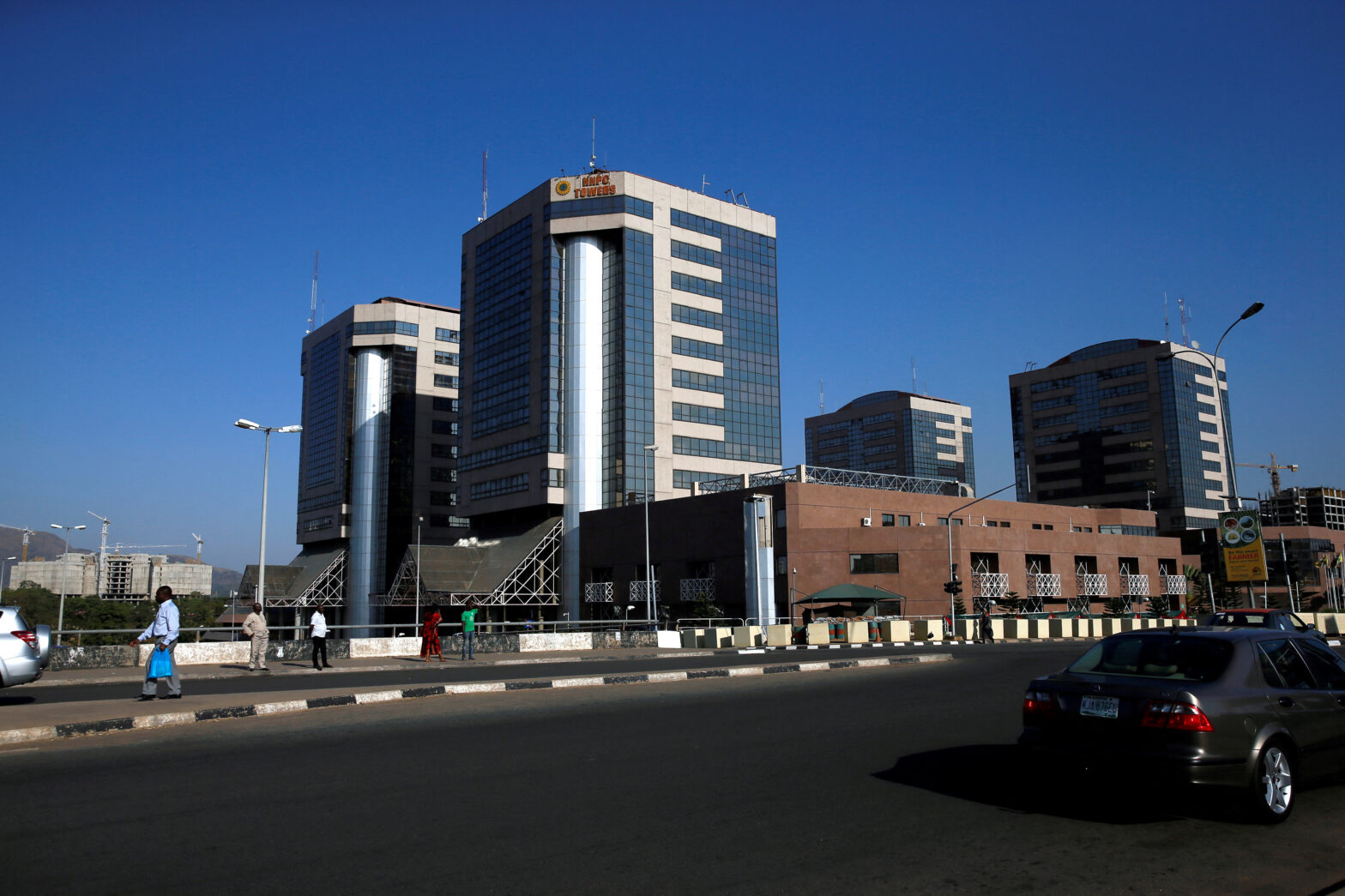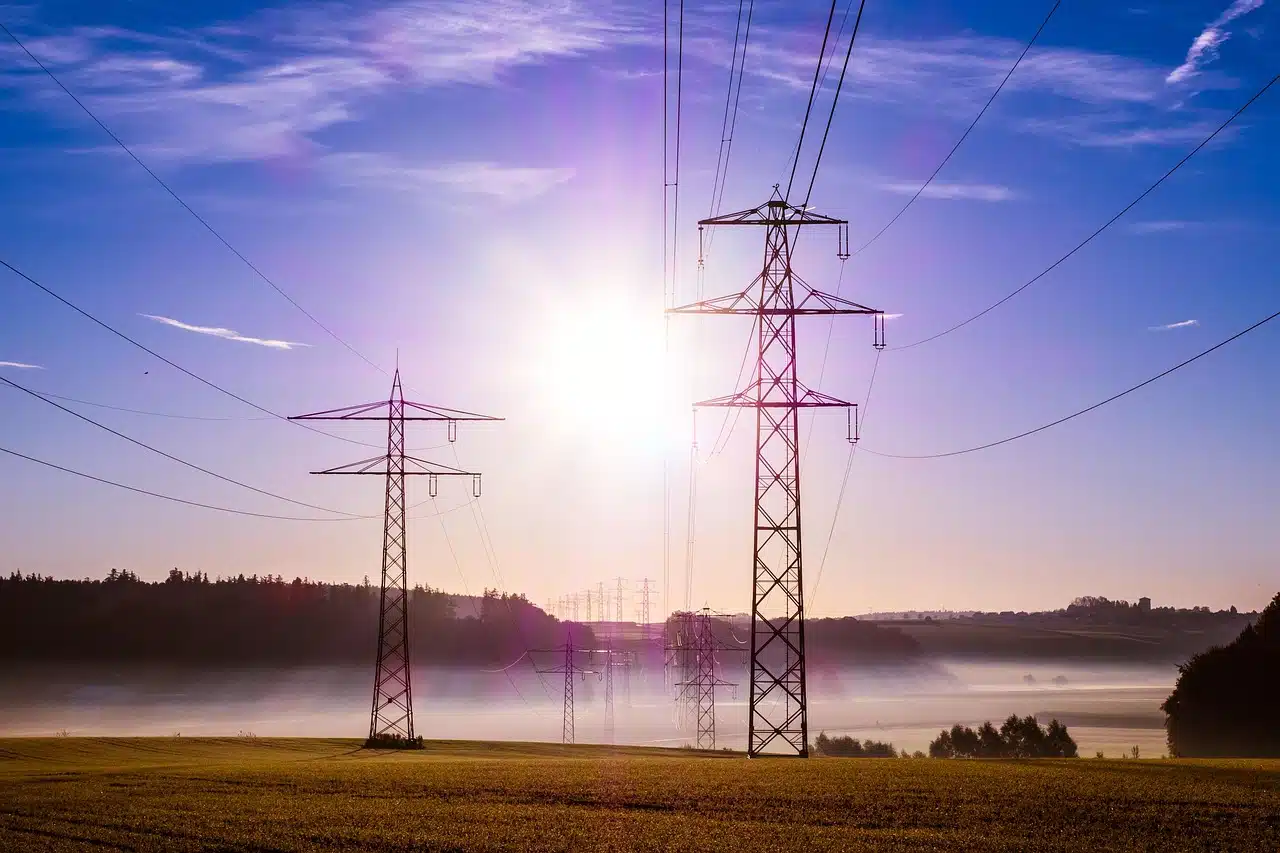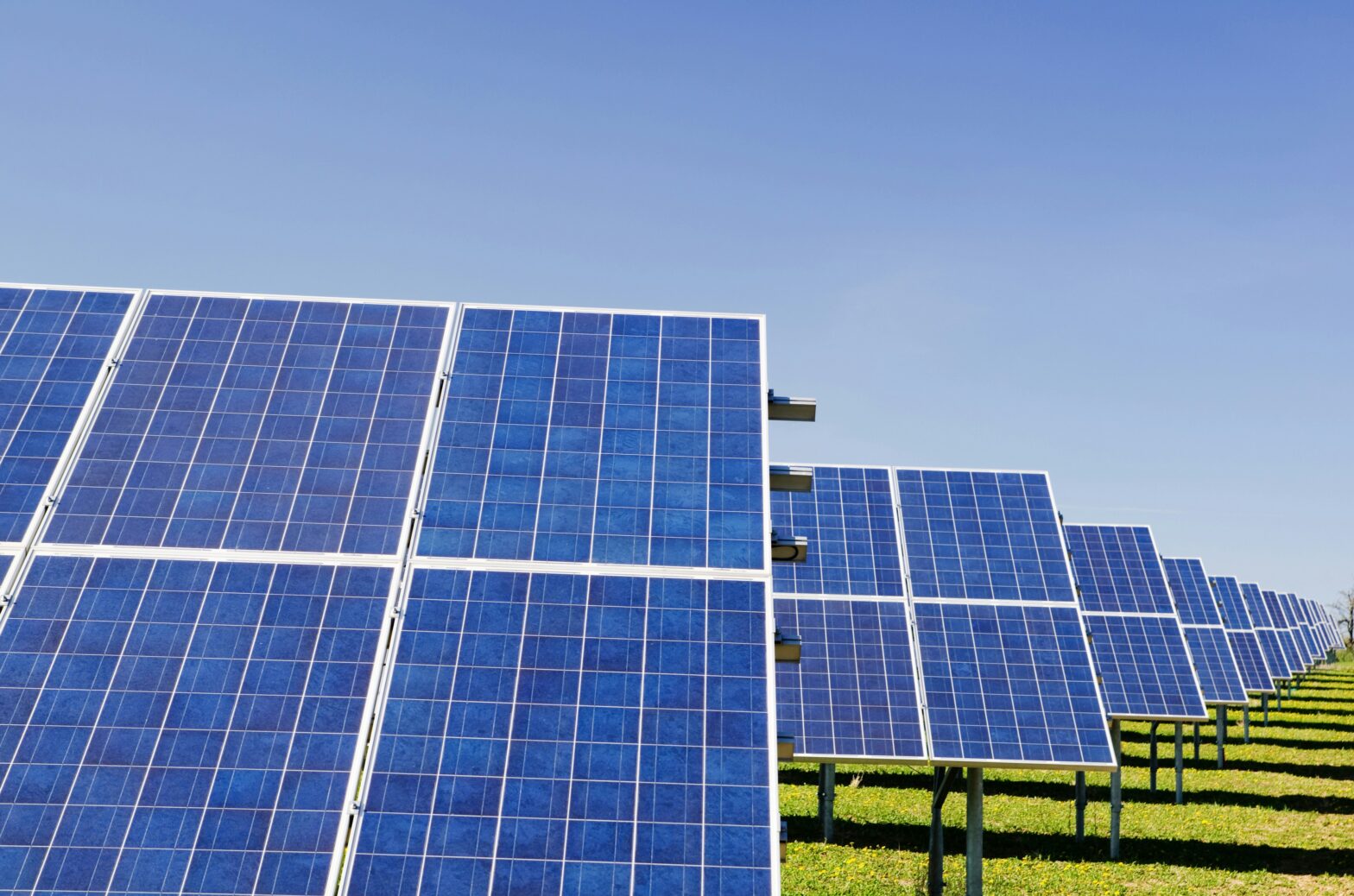Ghana’s Finance Minister, Cassiel Ato Forson, has warned that the country’s energy sector faces an imminent cumulative shortfall projection of over $9 billion by 2026 if reforms are not urgently implemented.
Forson revealed this while speaking on the opening day of the National Economic Dialogue (NED) 2025, held at the Accra International Conference Centre between March 3-4, 2025.
In his presentation to the forum, the finance minister stated that the sector “requires bold measures,” disclosing that in 2024 alone, the sector recorded a shortfall of $2.2 billion, despite government transfers of $2.1 billion between 2023 and 2024 to stabilise the industry.
“The energy sector in Ghana has become a ticking time bomb, costing about 2% of GDP every year. The objectives of the energy recovery program are completely off track. Fixing the sector requires radical measures,” Forson warned.
“High generation costs due to lack of competition and limited renewable capacity in the energy mix is a problem. High distribution and collection losses at ECG are also a problem,” he added.
The minister also revealed that a large portion of the Electricity Company of Ghana (ECG)’s revenue is spent on non-essential expenditures.
“Currently, only 62% of total energy purchased by ECG is collected, and even out of this 62%, 65% of that amount is used to pay for supplies through the cash waterfall mechanism.
“Unfortunately, 35% of ECG’s revenues are used to take care of ECG themselves—over things they don’t actually require.”
Forson also cautioned that failure to address these inefficiencies would worsen the country’s energy crisis, placing further strain on the economy.
Despite Ghana’s top three exports—gold, crude oil, and cocoa—accounting for 85.1% of the country’s total exports in 2024, Forson cautioned that “government spending is constrained by high interest rates, high subsidies, and mounting rigidities.”
“Government expenditure grew faster than GDP over the past eight years,” he added.
However, the finance minister called for reforms in tariff structures, improved revenue collection, and greater investment in renewable energy to make the sector financially sustainable.
Launched by President John Dramani Mahama, the two-day National Economic Dialogue 2025 kicked off on Monday in Accra, bringing together top economic experts, policymakers, and industry leaders to discuss ways to navigate Ghana’s pressing national challenges.
Ghana’s economy is currently facing significant headwinds.
Since May 2023, the country has been implementing economic reforms supported by a $3 billion loan from the International Monetary Fund (IMF).
These reforms aim to address several long-standing economic challenges, including currency depreciation, high inflation, and rising public sector debt.
Additionally, in January 2025, the World Bank approved $150 million for Ghana to support the country’s energy sector to ensure reliable energy supply to households, businesses, and industries.
The new administration has halted the program of paying for oil with gold, hoping the policy will help maintain stability in the foreign exchange markets.
Ghana’s crude oil exports saw a marginal decline in 2024, despite the West African economy boasting an impressive trade surplus of $4.98 billion, thanks to strong performances from other commodities like gold and cocoa.






